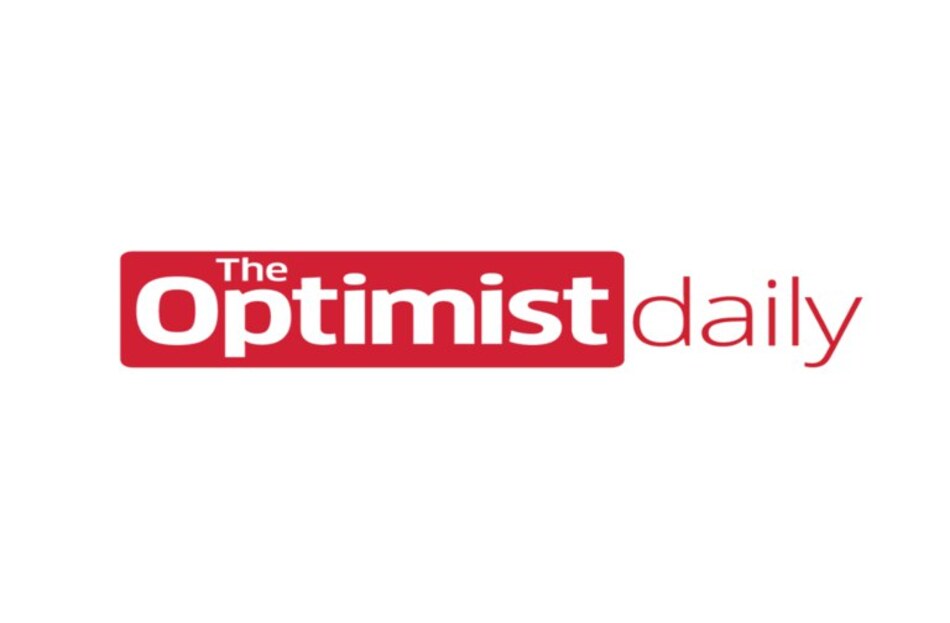Science has amassed so much valuable knowledge that humanity can use, and yet, a huge chunk of that knowledge is owned by a few corporations who keep it behind paywalls. One of those corporations is Elsevier, which owns around 3,000 academic journals and withholds some 18 percent of all the world’s research output. Elsevier makes enormous profits of its journals, generating billions of dollars a year.
The problem with this is more than just expensive subscription fees. It’s that private industry has come to dominate institutions of science. But now science is fighting back—with the University of California (UC) system leading the charge. Earlier this year, the UC system—one of the country’s largest academic institutions, encompassing Berkeley, Los Angeles, Davis, and several other campuses — dropped its nearly $11 million annual subscriptions to Elsevier, the world’s largest publisher of academic journals.
The University of California decided it doesn’t want scientific knowledge locked behind paywalls, and thinks the cost of academic publishing has gotten out of control. As a result of this move, the 27,500 scientists who work for the UC system no longer have access to the published work of Elsevier, and while this may sound like a backwards move, it is the only way the UC system believes it can upend the private publishing industry and make knowledge free once more.
For the full story on the war to free science, have a look right here.












